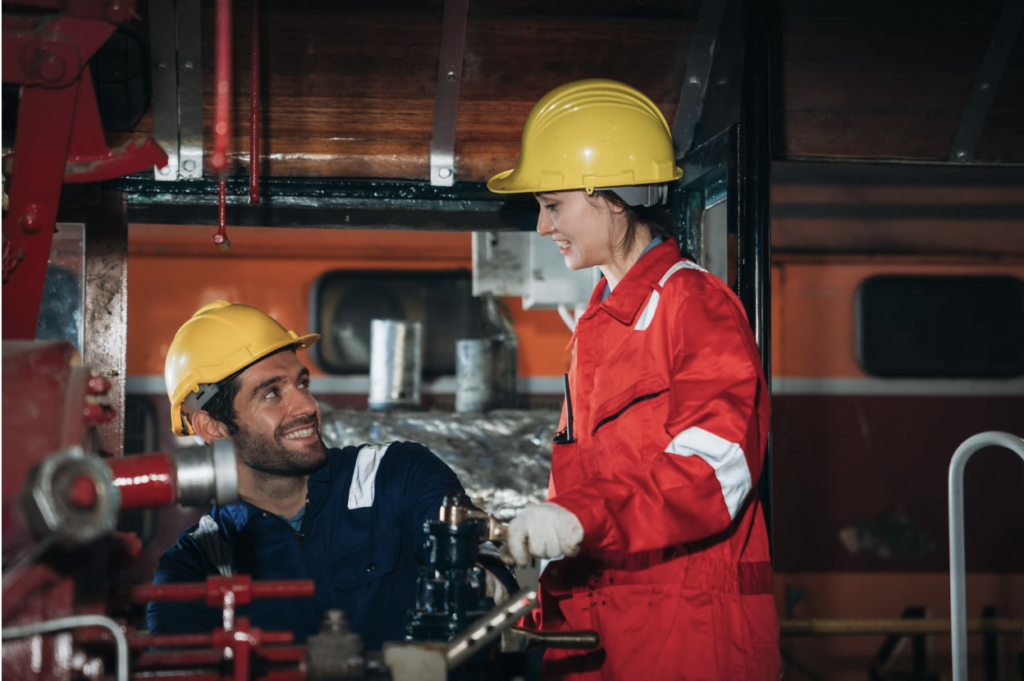The longevity and efficiency of your equipment in the oil and gas industry are absolutely critical to the success of your operations.
For this reason, our valued clients invest thousands in safeguarding their equipment with protective coatings.
Our coatings significantly enhance the durability and performance of your equipment, leading to numerous benefits, including extending the life of your equipment, preventing service disruption and increasing your profitability. But there is another benefit to investing in protecting coatings for your oil and gas equipment: sustainability.
Our Protective Coating Solutions:
This blog explores how protective coatings reduce waste and the need for regular equipment replacements, which benefits the environment by helping companies around the globe reduce their carbon footprint.
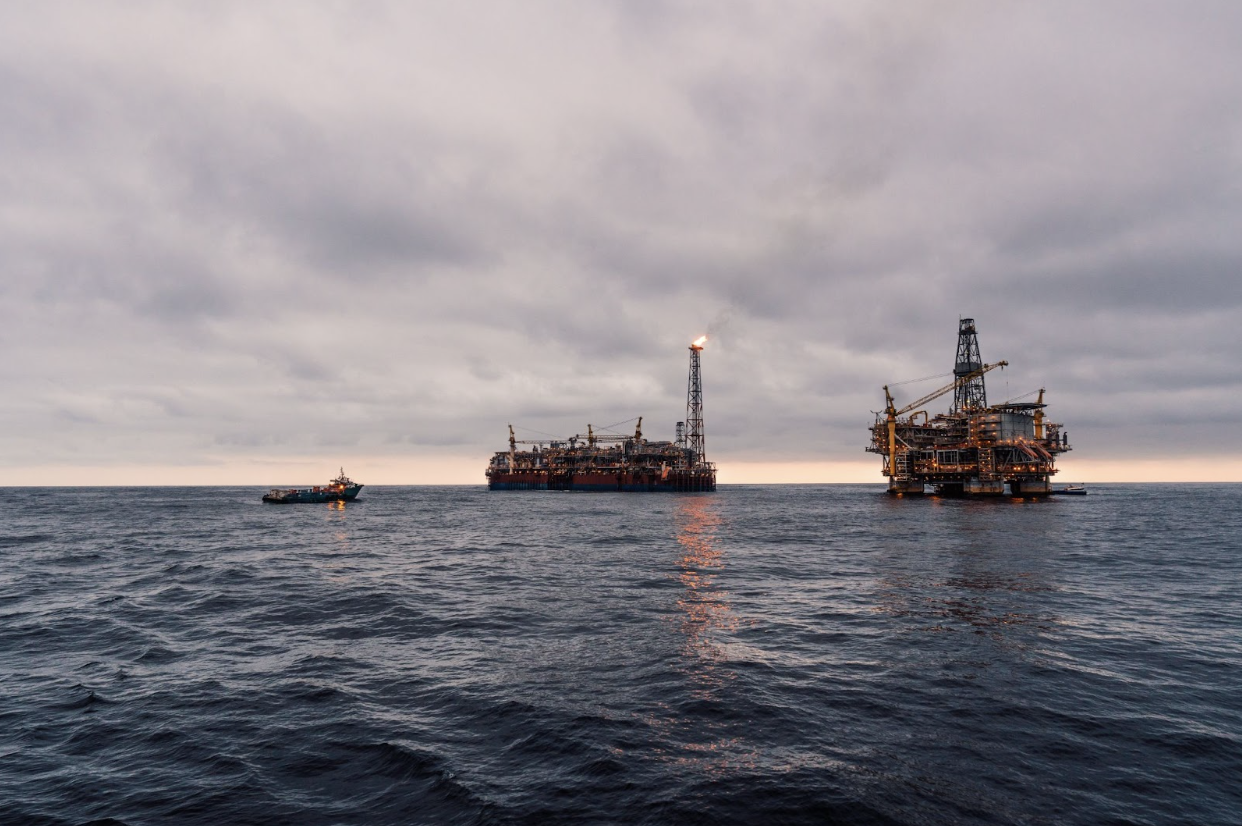
Protective Coatings Reducing Waste
Protective coatings prevent corrosion, abrasion, and erosion on oil and gas equipment. Corrosion is a natural process that occurs when metals react with environmental elements such as oxygen, moisture, and chemicals.
This reaction leads to the degradation of the metal, resulting in structural weakness and, eventually, equipment failure.
Because our clients work in some of the harshest environments in the world, corrosion can happen quickly and have disastrous effects, destroying equipment and ultimately delaying important projects.
By applying a protective coating such as fusion-bonded epoxy, the metal’s surface is shielded from these reactive elements, which significantly slows down the corrosion process. This means your equipment lasts longer, and your need for replacement parts is significantly reduced.
Increased Equipment Lifespan
Protective coatings can significantly extend the lifespan of your equipment.
For instance, pipelines coated with high-performance epoxies or electroless nickel coating can withstand harsh environmental conditions without deteriorating for years. This longevity means that your equipment doesn’t need to be replaced as frequently, leading to a substantial reduction in waste.
Less waste means fewer resources are consumed in manufacturing new equipment, and less scrap metal ends up in landfills, contributing to a more sustainable lifecycle for oil and gas infrastructure.
Lower Maintenance Requirements
Like any industry, oil and gas companies invest time and energy into maintaining and repairing their equipment in the field. However, frequent maintenance and repairs can generate significant waste which is detrimental to the environment and increases companies negative environmental impact.
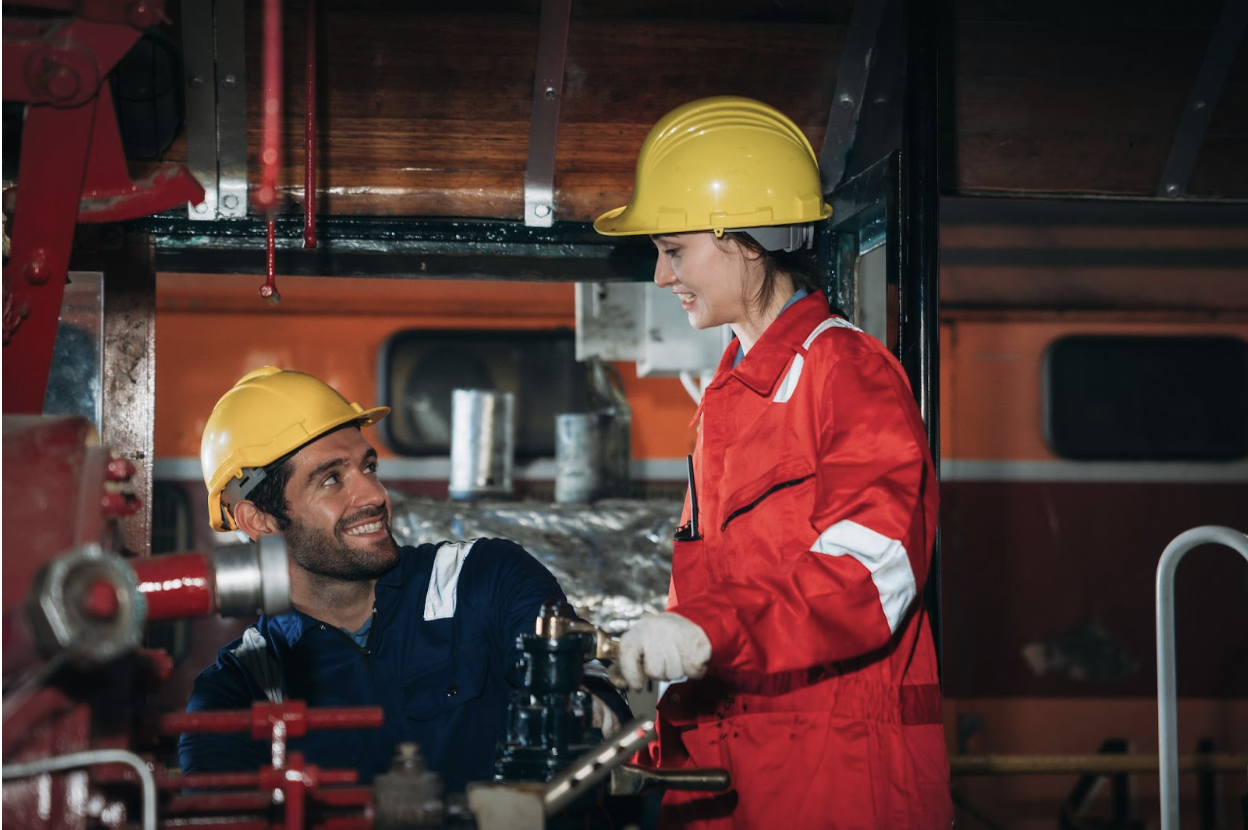
High-quality protective coatings such as fusion bonded epoxy reduce the need for constant maintenance by providing a solid barrier against environmental damage.
This not only reduces the materials and parts required for repairs but also reduces the amount of waste produced during maintenance activities, helping you make more significant strides toward governmentally required sustainability mandates.
Emissions Reduction
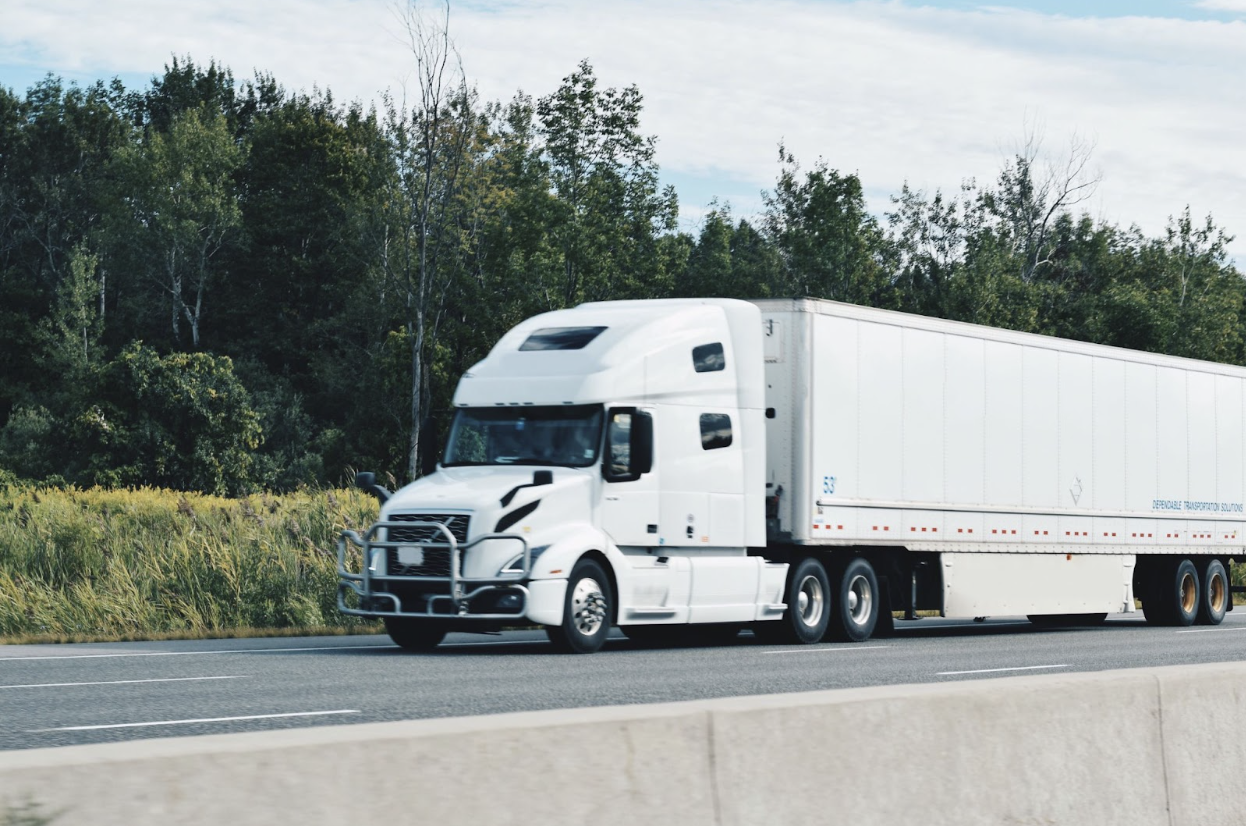
Manufacturing processes, especially those involving metals, are typically energy-intensive and emit significant amounts of carbon dioxide and other greenhouse gases.
By extending the operational life of equipment, the demand for new manufacturing is reduced. With fewer frequent needs for new parts, transportation emissions are also significantly reduced.
Protective Coatings Minimize Environmental Damage Caused By Breakdowns
One of the most significant environmental hazards in the oil and gas industry is the potential for leaks and spills caused by equipment breakdowns. These incidents can have devastating effects on ecosystems, contaminating soil and water sources and harming wildlife.
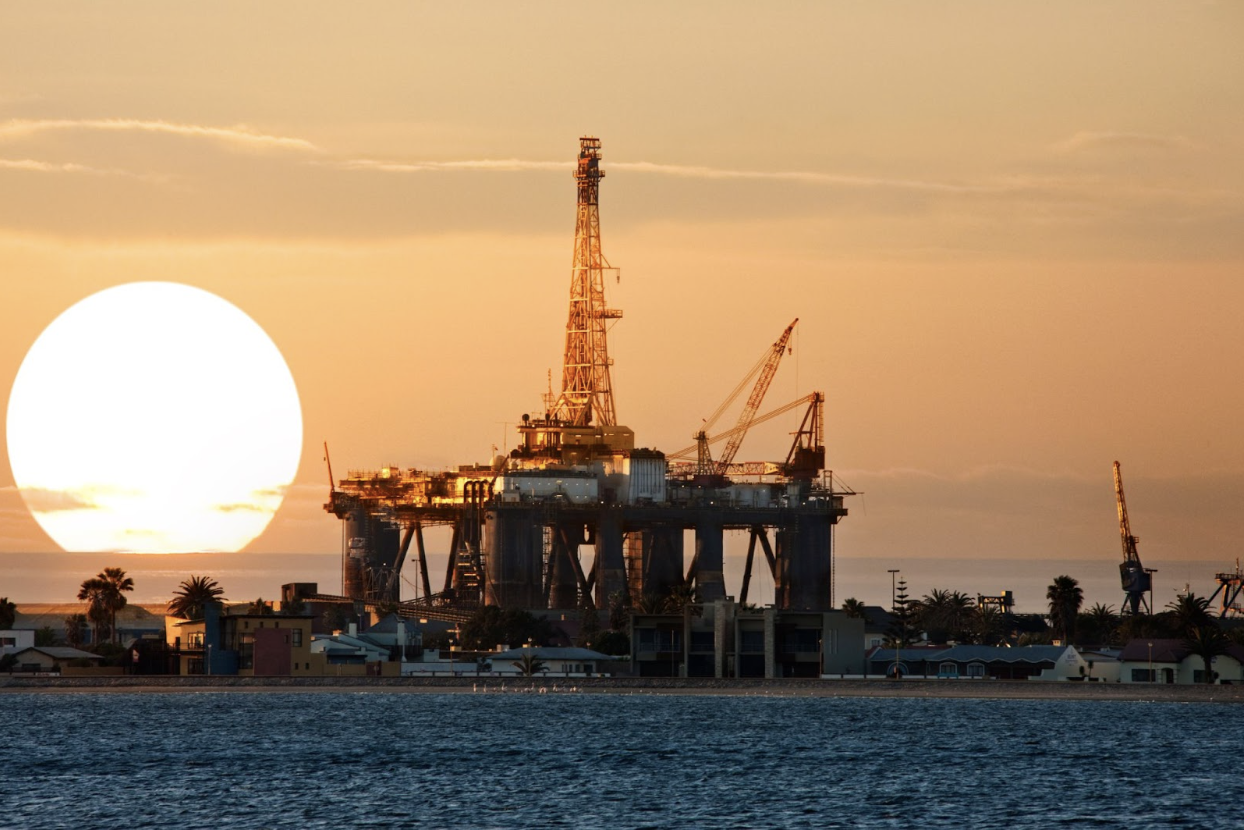
Coatings such as IPC Fusion Bonded Epoxy, provide a protective barrier in harsh environments seen in many offshore drill operations and play a significant role in preventing leaks and spills by maintaining the integrity of pipes and other equipment.
Failure to protect your equipment can damage your reputation, cost you thousands of dollars in repairs and disrupt the natural environment surrounding your project.
Protective Coatings Offer Numerous Environmental Benefits For Oil & Gas
Our clients operate in some of the most challenging environments on the planet. Canada, in particular, is home to extraordinarily corrosive environments where oil and gas companies have projects including places like Judy Creek, Pelican Lake, and Redwater.
IPC has set the industry standard in protective coatings for the oil and gas industry, with over 45 years of experience serving Western Canada.
We offer a selection of high-quality products that include Electroless Nickel, Fluoropolymers, Fusion-Bonded Epoxy, and IPC Series 9000, a thermally inter-diffused nickel-super-alloy deposit that provides superior corrosion protection compared to standard ENC and exceptional erosion properties at high temperatures of up to 600°C.
To learn more about our protective coating services and which product might be right for you, contact us online here.
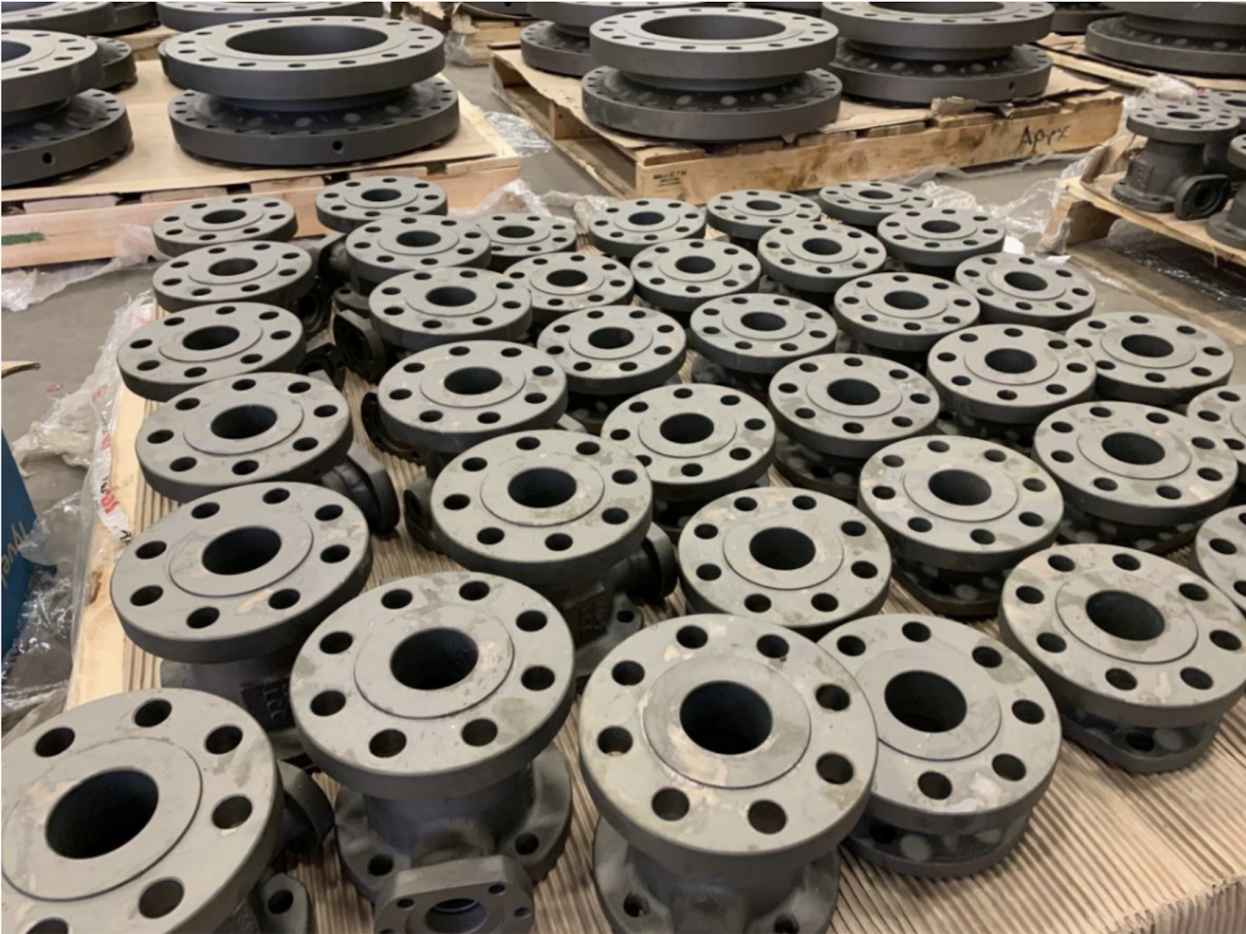
By extending equipment lifespan, reducing waste, lowering emissions, and preventing environmental damage from equipment breakdowns, IPC protective coatings play a pivotal role in helping our clients be better environmental stewards.
As the industry continues to evolve, the adoption of advanced protective coating technologies will be essential in minimizing environmental impact and supporting a more sustainable future.
Investing in high-quality protective coatings not only offers companies significant financial benefits, including increased profitability, but it is also the responsible choice for the planet.
To learn more about IPC Coatings and which products might be right for your next project, click here.
